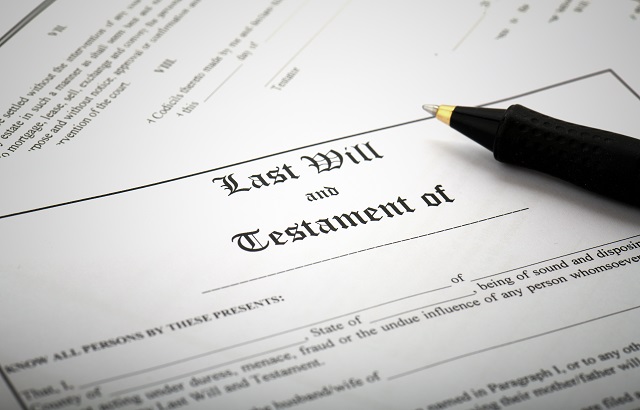The Ministry of Justice (MoJ) will allow people to have their Wills witnessed via video calls up until 2024, as set out under legislation laid on 11 January 2022 to extend the measures first brought in during the beginning of the pandemic.
This means that the vulnerable and those required to isolate will still be able to have their “final wishes legally-recognised as witnesses previously had to be physically present”, the MoJ said.
Research by the Law Society also found that 14% of legal professionals have already been using software such as Zoom or FaceTime since 2020 for witnessing Wills.
Deputy prime minister, lord chancellor and secretary of state for justice, Dominic Raab said: “I want people to be able to use technology safely and securely to ensure they can record their final wishes no matter the circumstances.
“This is a common-sense measure that will give vulnerable people peace of mind that their Wills are recognised if they are forced to have them witnessed via video due to isolation.”
The extension will last until 31 January 2024, while the Law Commission is currently considering potential reform and make these changes permanent.
Measure for the ‘short term’
Neil Jones, head of wealth planning at The Private Investment Office, told International Adviser the move will probably remain a temporary one since just 14% of legal professionals have been turning to video calls in the past two years.
“The change to allow Wills to be witnessed remotely was introduced in July 2020 and backdated to January that year, and was intended as a temporary measure due to the covid pandemic.
“This is still the case as isolation rules mean that people may not be able to witness in person for a period of seven days, soon to reduce to five.
“The MoJ is extending this temporary measure until January 2024 and data from the Law Society shows that only 14% of solicitors who drafted Wills used the ability to use remote witnessing – the preference is very much to maintain compliance with the 1837 Wills Act.
“The reduction of the isolation period will reduce the need for remote witnessing, so this is likely to remain a temporary measure in the short term.”
At the time of publication, health secretary Sajid Javid confirmed the isolation period for fully vaccinated people will be reduced from seven to five days from 17 January 2022.
Seek professional help
But Christine Thornley, trusts, tax and estates partner at Irwin Mitchell, told IA that while the extension is welcome, it should only be used as an “absolute last resort”.
“Virtual signing is fraught with potential issues which could lead to the Will being declared invalid. If someone has no other option but to use this process, it needs to be done by an experienced professional involved who understands all of the potential issues.
“There are all sorts of things that could go wrong with a virtual Will like witnesses not being present, the virtual meetings needed for every new signing, and making sure it’s clear the Will is being witnessed virtually in the first place. It can also be a much more time-consuming process than just having three people in a room or standing on the drive/doing it through a window.
“If something goes wrong, this can open the window for Will disputes down the line, especially if there’s any concern over mental capacity – which is why it’s so vital to make sure a professional is involved if a Will needs to be signed this way.
“It should only be used if there really is no other option and the ‘original’ way of in-person signings remains the best way of making a Will.”








